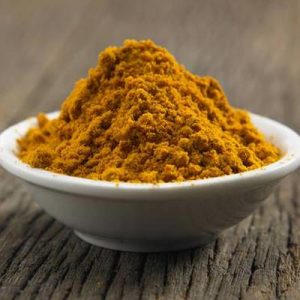
Curcumin as remedy
Originally native to Asia, Curcuma longa now grows in many tropical and subtropical regions. As a remedy in ayurvedic medicine, curcumin is used particularly because of its<1073> antioxidative, anti-inflammatory, antiseptic, analgesic and anti-cancer properties</1073> in the treatment of bronchitis and asthma, allergies, liver diseases, rheumatism, infections of the upper throat as well as diabetes and cancer related wounds which are healing poorly. In India, where curcuma is a traditional food ingredient, the rate of affliction with breast, prostate, colon and lung cancers is ten times lower than in the United States. Many experts attribute this fact to curcumin.

